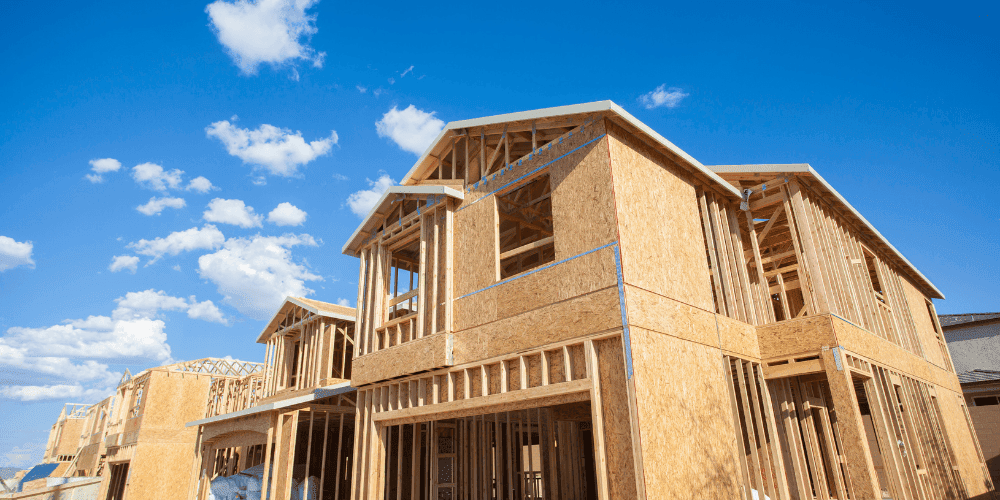QUICK HITS
- Ontario’s government is introducing new measures to speed up the construction of new homes.
- Proposed legislation includes allowing more units on a residential lot, reducing fees associated with construction, and exploring financing models, like a rent-to-own option.
- The bill will also limit third parties (e.g. community groups, neighbours) from challenging a project before the OLT.
The Ontario government is introducing sweeping legislation aimed at tackling the province’s housing crisis.
Proposed measures include rolling back exclusionary zoning and allowing more units on a residential lot, lowering the costs associated with new home construction and exploring rent-to-own programs to make it easier for first-time homebuyers to enter the housing market.
The CEO of the Ontario Real Estate Association (OREA), Tim Hudak, applauds the new plan, “This is going to put more homes on the market and more keys in peoples’ hands.”
Doug Ford’s Progressive Conservative government has promised to build 1.5 million homes over the next 10 years, and the bill tabled this week is intended to speed up development.
“This is bold and comprehensive legislation that is the most pro-homeownership and pro-housing legislation we have seen in recent memory,” says Hudak. “It will make Ontario a leader in Canada in getting homes built faster and that people can actually afford.”
The More Homes Built Faster Act (MHBFA) sets new targets for 29 of Ontario’s largest and fastest-growing municipalities. Toronto has been assigned a housing target of 285,000; Ottawa has been tasked with adding 161,000; Mississauga has a goal of 120,000; Brampton is expected to build 113,00 new homes by 2031.
While no penalties for missed targets have been outlined, Hudak suggests the carrot-and-stick approach, “If a city hits its target, then their request for funding for new transit, a new arena or highway expansion should go to the top of the list when it comes to provincial or federal funding.” He adds, “And if a municipality closes its doors and refuses to allow its young people to stay in the community because they can’t afford a home, their project should go to the bottom of the list.”
Ontario is proposing to freeze, discount and reduce government charges to spur new construction. Affordable housing, non-profit housing and inclusionary zoning units would be exempt from various charges and fees at the municipal level; these fees typically help cover the costs of new infrastructure needed to keep up with growth in neighbourhoods.
“Municipalities have a direct impact on housing affordability, not only by adding direct costs like development fees and land transfer taxes, but also by delaying and preventing desperately needed new housing supply with slow approval processes, duplication, and outdated restrictive zoning,” Kevin Crigger, president of the Toronto Regional Real Estate Board, said in a statement. “We believe that the new provincial legislation will help bring this balance to municipal planning and housing approvals.”
The bill also aims to limit third parties from challenging a project before the Ontario Land Tribunal (OLT).
“This legislation…has backbone. It will take on the NIMBY forces that have used all kinds of tactics to delay projects to drive up costs or get them cancelled altogether,” says Hudak.
The government is also increasing the Non-Resident Speculation Tax rate to 25 per cent, and doubling maximum fines (from $25,000 to $50,000 per infraction) for builders and vendors of new homes who cancel projects or terminate purchase agreements.

Jordana is the editor of Real Estate Magazine. You can reach her by email.















